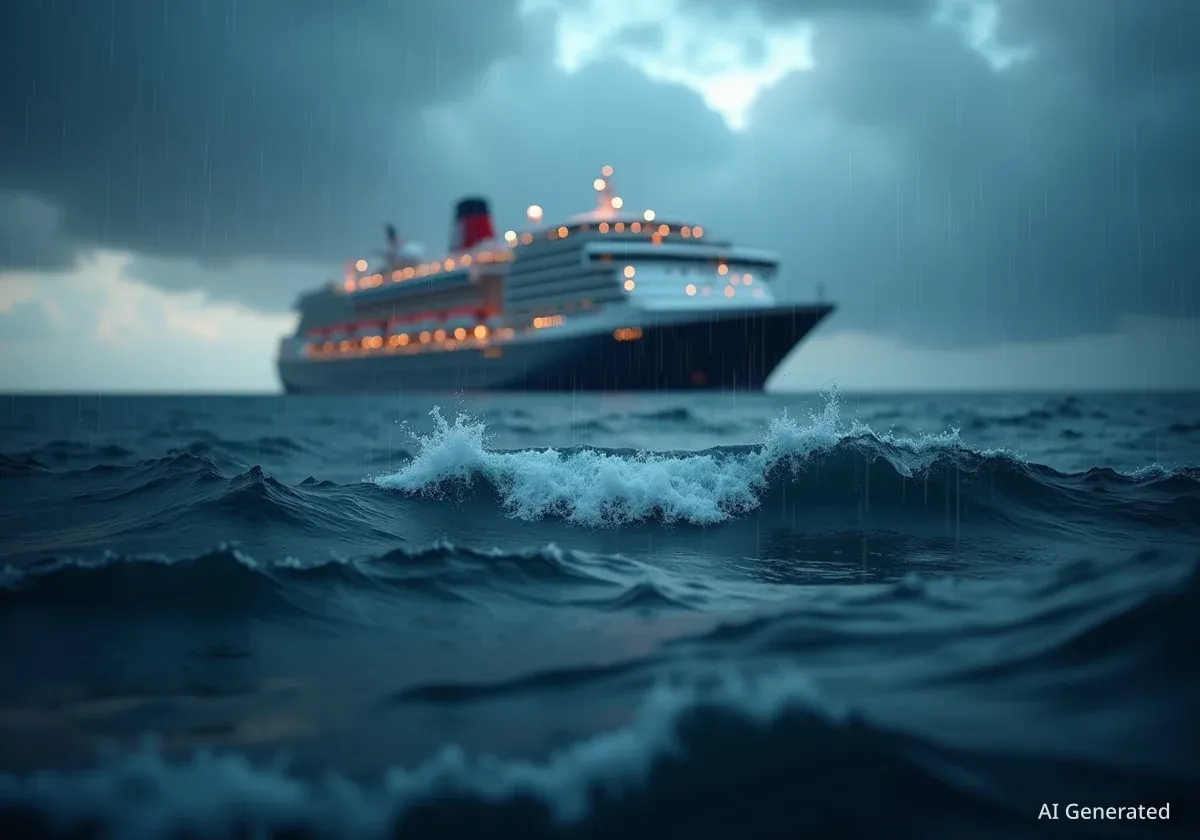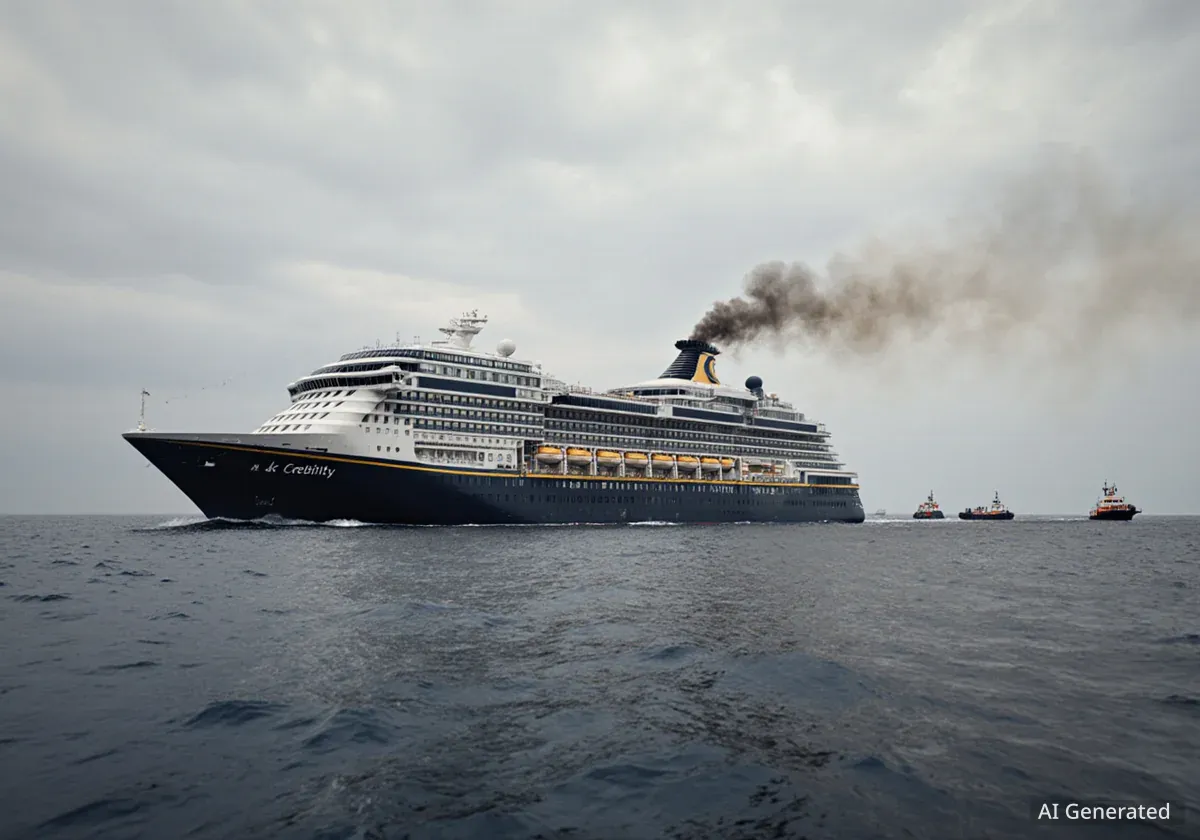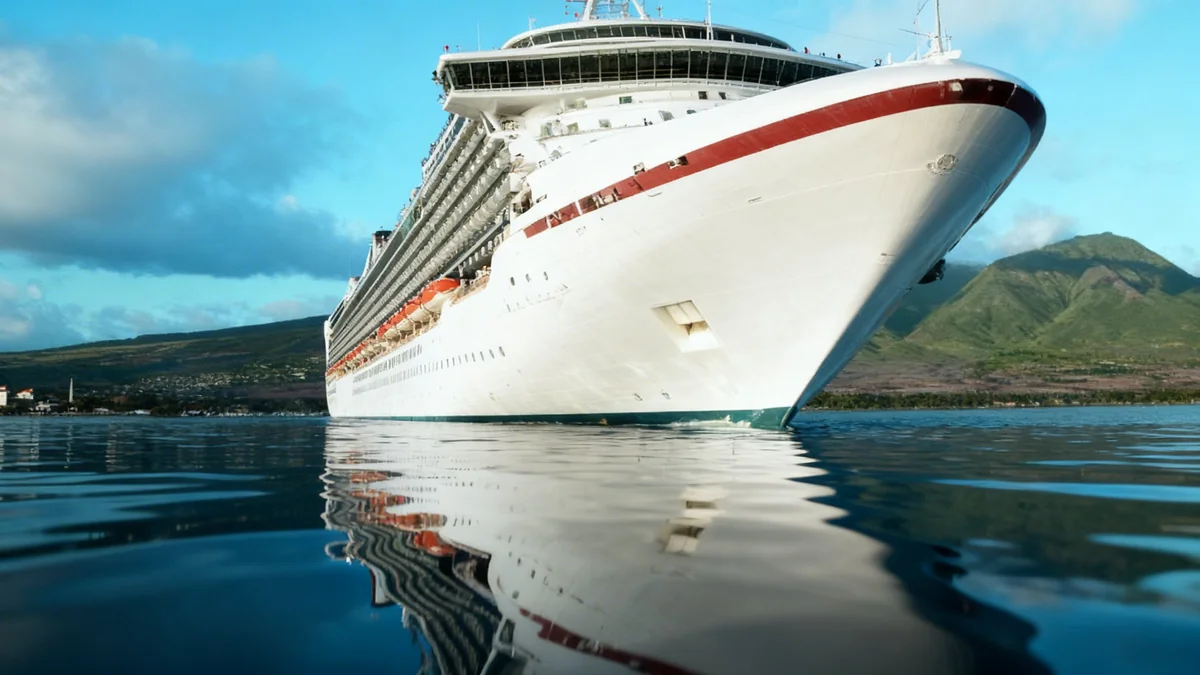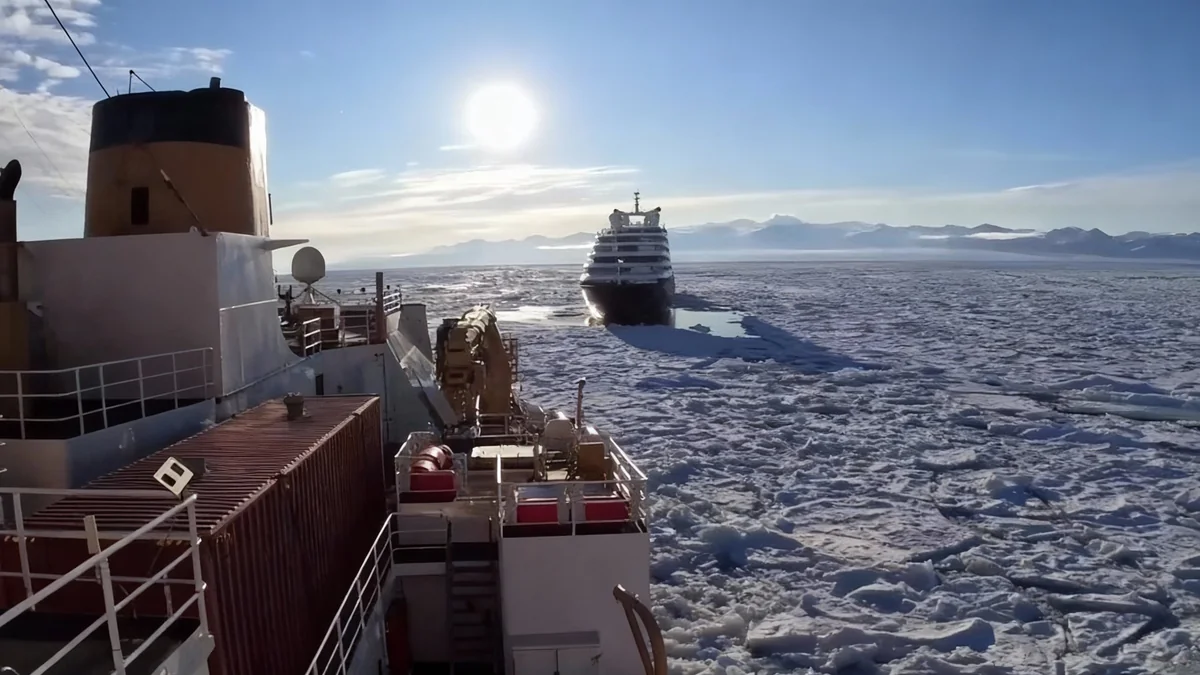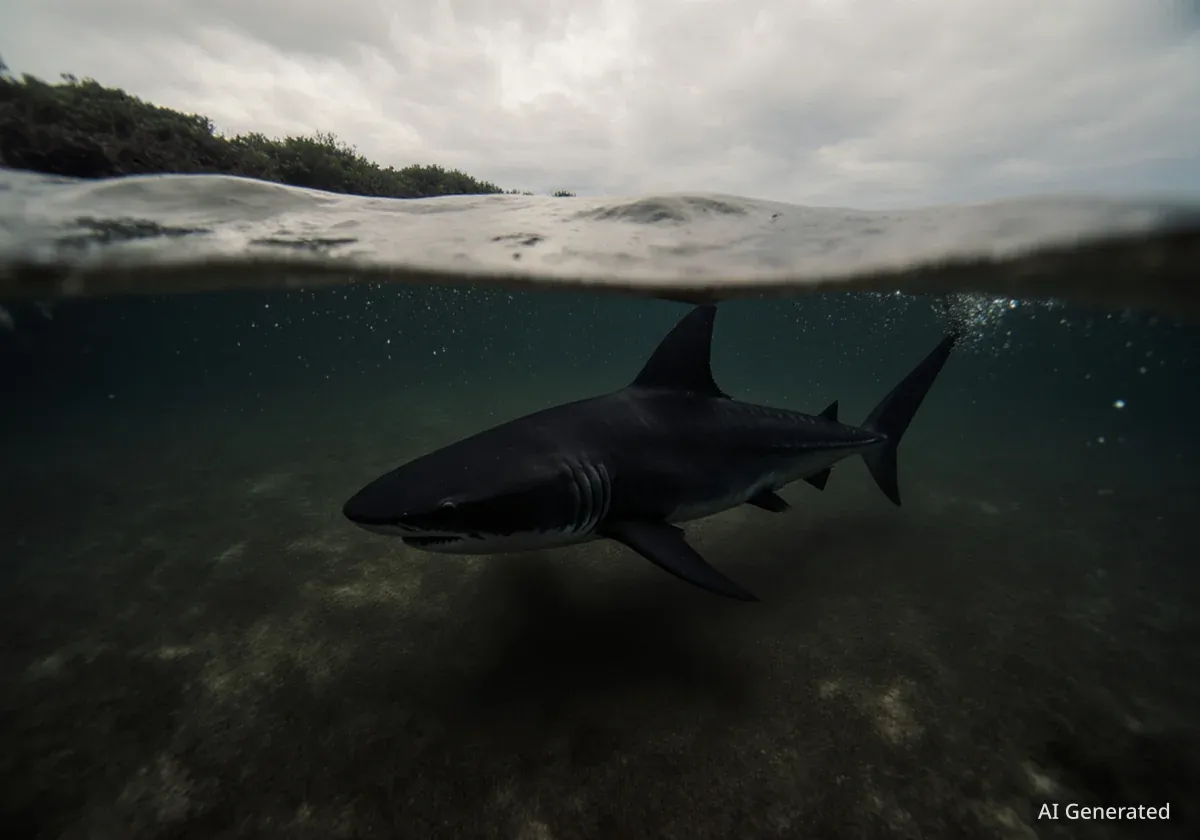The family of a 66-year-old woman who went overboard from a Royal Caribbean cruise ship last year has filed a wrongful death lawsuit against the company. The legal action, submitted in the Southern District of Florida, claims that crew members repeatedly served alcohol to the passenger when she was visibly intoxicated.
The incident occurred on October 22, 2024, aboard the Allure of the Seas during a five-day, Taylor Swift-themed cruise in the Bahamas. The passenger, Dulcie White, remains missing to this day after an official search was suspended.
Key Takeaways
- The family of Dulcie White, 66, has filed a lawsuit against Royal Caribbean following her disappearance from the Allure of the Seas on October 22, 2024.
- The lawsuit alleges crew members served Ms. White at least seven alcoholic drinks in approximately six hours, continuing service even when she showed clear signs of intoxication.
- The family also claims the cruise line conducted a negligent search and rescue operation after she went overboard.
- The complaint focuses on the cruise line's all-inclusive drink packages, which the family's attorney argues prioritizes profits over passenger safety.
Lawsuit Details Allegations of Negligence
A lawsuit filed on October 28, 2025, accuses Royal Caribbean of multiple counts of negligence leading to the death of Dulcie White. The complaint was brought forward by her husband, Terry White, and her daughter, Megan Klewin, who was also on the cruise and witnessed the events.
The family is suing on three primary counts: over-service of alcohol, a negligent search and rescue operation, and negligent infliction of emotional distress. They are represented by Aronfeld Trial Lawyers, a firm specializing in cruise ship litigation.
The legal documents assert that crew members continued to serve Ms. White alcoholic beverages despite her displaying obvious signs of impairment. The complaint states she was “swaying, stammering, slurring her speech, had alcohol on her breath, couldn’t keep her composure straight, had glassy eyes, while she was in plain view of the crewmembers.”
Focus on All-Inclusive Drink Packages
A central part of the family's claim involves Royal Caribbean's all-inclusive beverage packages. The lawsuit states that Ms. White had purchased the “CHEERS!” drink package, which allows guests to consume up to 15 alcoholic drinks in a 24-hour period for a daily fee of $69.95.
According to the lawsuit, Dulcie White was served “at least seven alcoholic beverages continuously within a span of approximately six hours and eight minutes.” This level of consumption is a key point in the family's argument that the crew should have stopped service.
Her daughter, Megan Klewin, spoke about the potential influence of the package. “Because of that [drink package, Dulcie] did overdo it, trying to maybe get her money’s worth,” she said in a statement to CBS Miami. “She was completely intoxicated in a way I haven’t seen before. It saddens me that this is my last memory of her.”
The family's attorney, Spencer Aronfeld, argues that these packages create a dangerous environment. He told PEOPLE that he believes Royal Caribbean is “putting profits ahead of passenger safety with these all you can drink packages.” He also suggested that crew members are financially motivated to continue serving drinks to earn tips.
“We hope to hold [Royal Caribbean] fully accountable for Dulcie’s death and create and inspire industry change to discontinue these all you can drink packages,” Aronfeld stated.
The Night of the Incident
The events leading up to Ms. White’s disappearance began on the evening of October 22, 2024. The lawsuit provides a timeline, noting that by approximately 7:30 p.m., another passenger noticed Ms. White's level of intoxication and helped her return to her cabin.
However, later that night, she went overboard. Her daughter was present at the time of the fall. The family's complaint alleges that the ship's response was inadequate and failed to follow established man-overboard protocols.
The suit claims the Allure of the Seas did not perform a Williamson or Anderson turn, which are standard maneuvers designed to quickly return a vessel to the location where a person fell into the water. It also alleges that no command was given to launch a rescue boat.
Man Overboard Procedures
Maritime safety protocols for a man overboard (MOB) situation are critical for a chance of rescue. Key procedures include:
- Immediately alerting the bridge and deploying lifebuoys.
- Executing a specific turning maneuver, like the Williamson Turn, to bring the ship back to its original path.
- Launching a fast rescue boat to retrieve the person from the water.
- Conducting a comprehensive search of the area.
The lawsuit alleges these steps were not properly followed.
Shortly after Ms. White went overboard, the ship's crew alerted authorities. A search was initiated by the Royal Bahamas Defense Force with assistance from the U.S. Coast Guard. However, by the following afternoon, the search was suspended. Ms. White's body has not been recovered.
Family Seeks Accountability and Industry Change
The emotional toll on the family has been immense. “It will haunt us for the rest of our lives,” Ms. Klewin said. “I feel the overconsumption of alcohol and the over service of alcohol was the cause of this.”
The lawsuit seeks to hold Royal Caribbean responsible for its alleged failures and hopes to prompt a reevaluation of policies regarding alcoholic beverage service across the cruise industry. The family and their legal team believe that the tragedy was preventable and resulted directly from the cruise line’s practices.
When asked for a statement regarding the lawsuit, a spokesperson for Royal Caribbean told PEOPLE, “We don't comment on pending litigation.” The case will proceed in the Southern District of Florida, where many cruise line legal battles are heard due to the industry's significant presence in the state.

